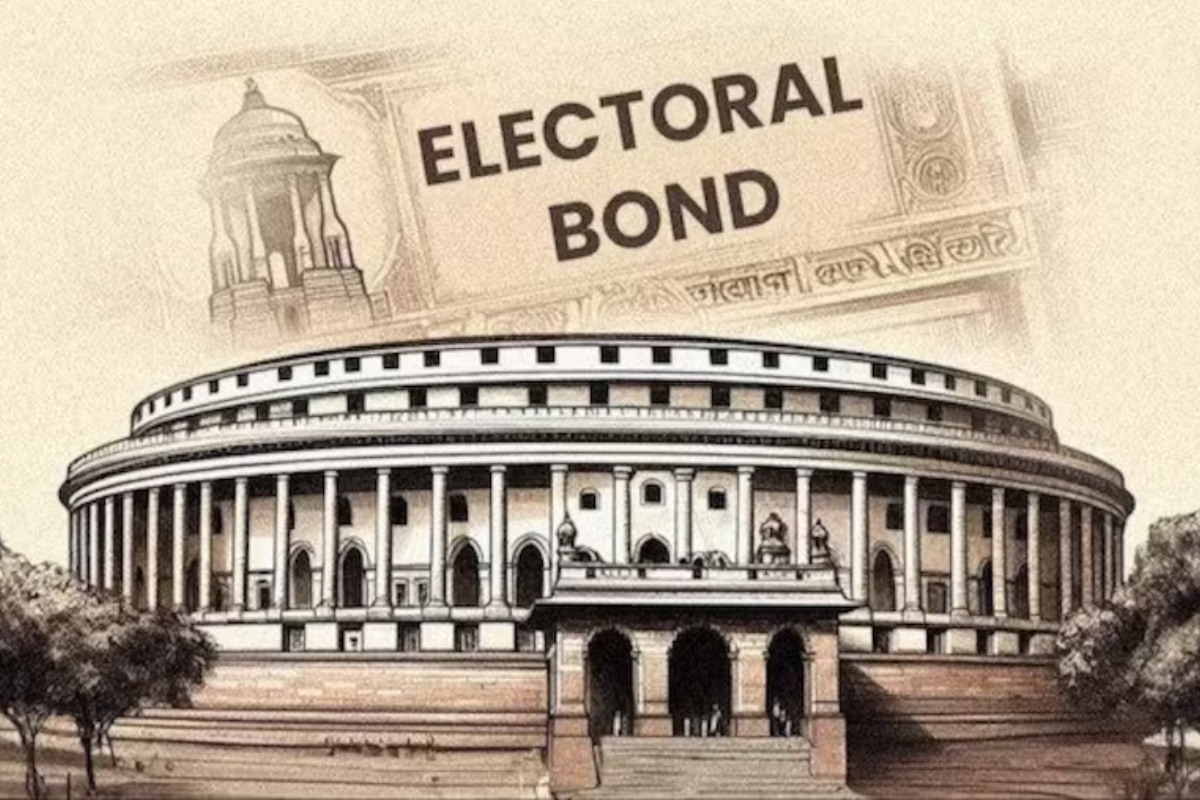What is Storytelling, What is the Essence & Future of storytelling
In a world inundated with information and noise, storytelling remains a timeless art form. It captivates hearts, ignites imaginations, and…

On Monday, March 11, the Supreme Court of India dismissed the application filed by the State Bank of India (SBI) as the latest development in the electoral bonds case. SBI applied for an extension of time to comply with the court’s earlier directions to furnish electoral bond details, but the Supreme Court dismissed the application. After determining that the bank possesses the necessary information, the court ordered the bank to make the information available by the end of business hours on March 12, 2024.
This action is being taken less than a month after the Supreme Court’s constitution bench declared the electoral bonds scheme unconstitutional. The Apex Court ordered the State Bank of India to provide the Election Commission of India with information on all bonds purchased since April 12, 2019, by March 6. Nevertheless, the bank applied for an extension until June 30 days before the deadline, citing the difficulty in interpreting and gathering information from the bond sales.
SBI’s request for a deadline extension was being heard by a bench that included Chief Justice DY Chandrachud, Justices Sanjiv Khanna, BR Gavai, JB Pardiwala, and Manoj Misra. The petitions for contempt against the public sector bank were brought by the Association for Democratic Reforms (ADR), Common Cause, and the Communist Party of India (Marxist) because the bank had failed to disclose crucial information about electoral bonds despite orders from the Supreme Court.
During the hearing, Chief Justice Chandrachud also questioned the State Bank of India over its non-disclosure of progress. “Our judgement was issued on February 15. Today, it is March 11. In the last 26 days, what is the extent of your matching? The affidavit is silent on this. We expect a degree of honesty from the State Bank of India.”
Electoral Bonds are promissory notes that any Indian citizen and company can buy from some State Bank of India branches. A citizen or a private company can donate these bonds to his favourite political party.
The NDA coalition government introduced it in 2018, along with Finance Bill 201,7, and implemented it on January 2.
The government cited the reason behind implementing this: it can bring transparency to political funding. The government used to withdraw money from the bank by selling the bonds purchased by an Indian citizen or company in the party’s name, which they benefited from during elections. The bank also had rules in this process, such as only those whose accounts were KYC verified could buy bonds from the bank, and the bank leaders could give information about those buying the bonds at any time.
Investors who invested in electoral bonds have yet to get any official returns. This bond was similar to a receipt. You purchased the bonds in the name of the party you wanted to donate to, and the money was provided to the concerned political party.
There is a provision to give an exemption under sections 80GGC and 80GGB of income tax on the amount donated through electoral bonds instead of directly to the political party.
Advertisement